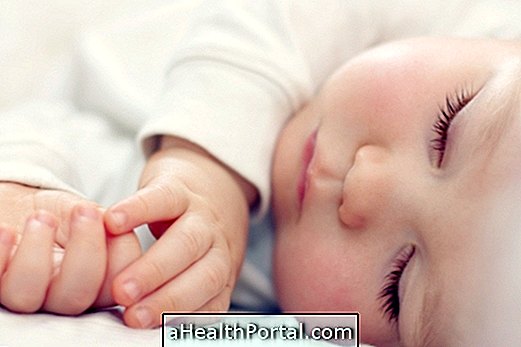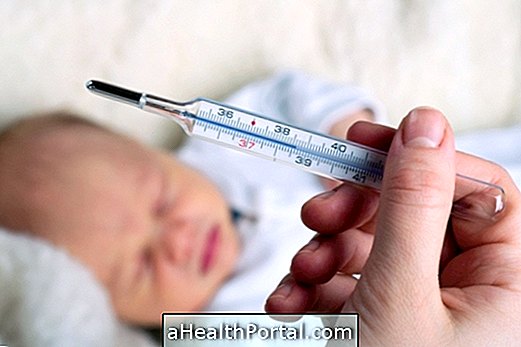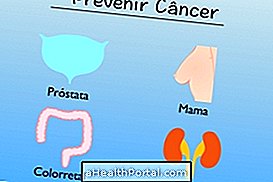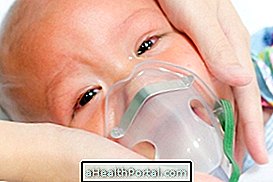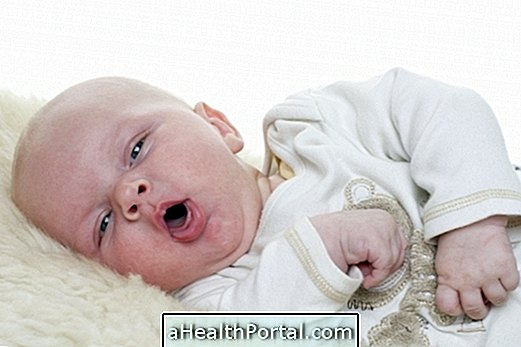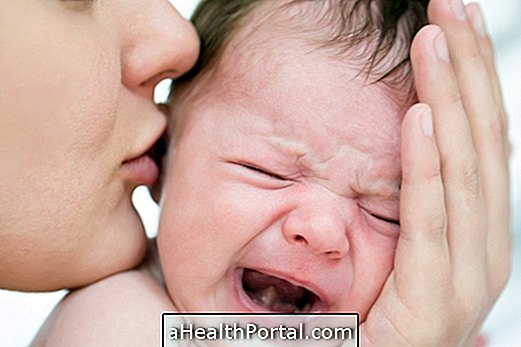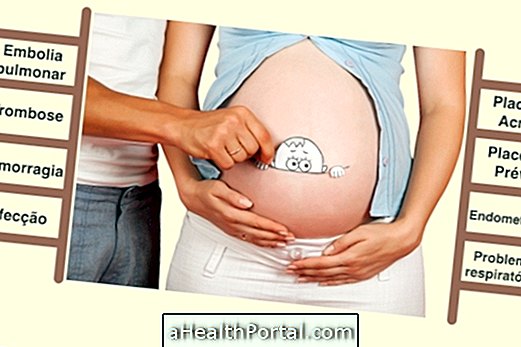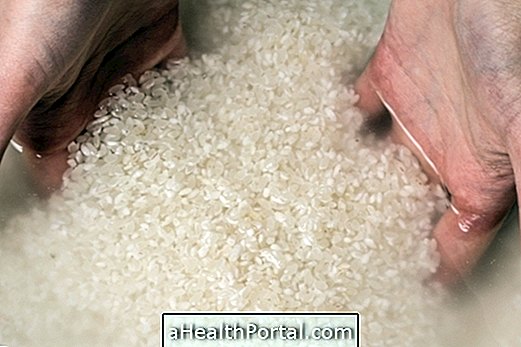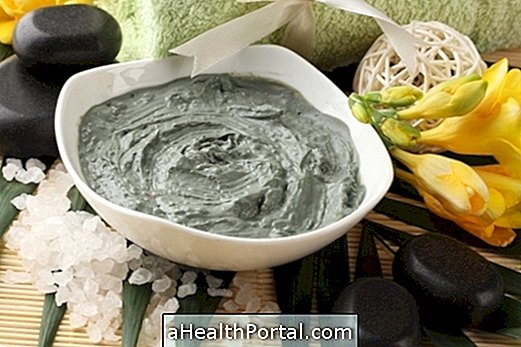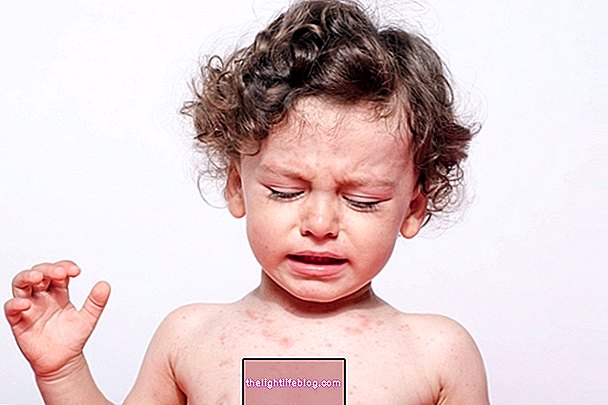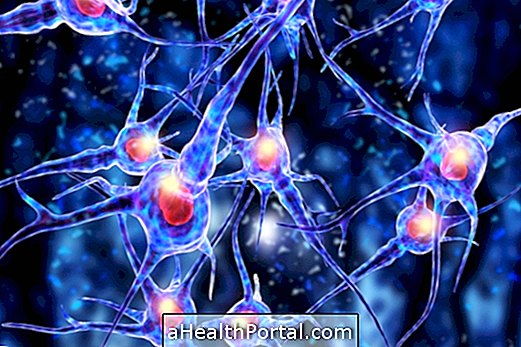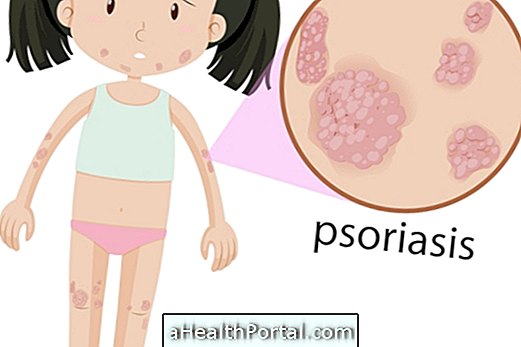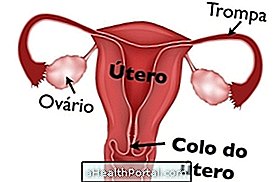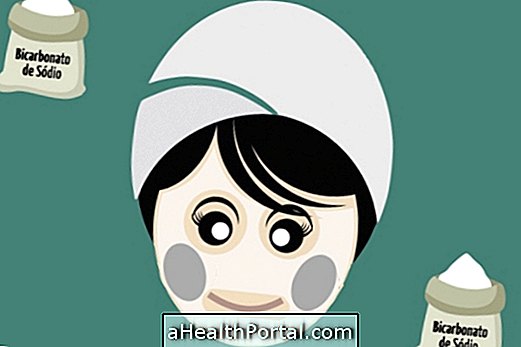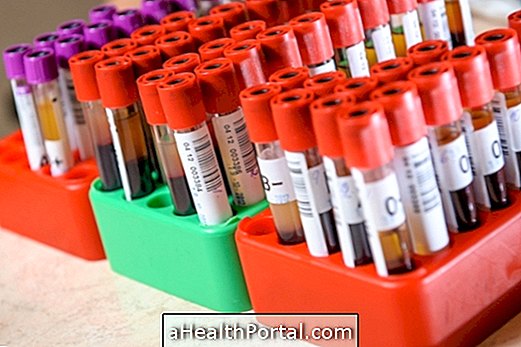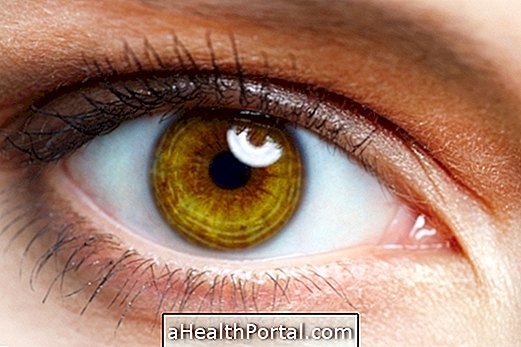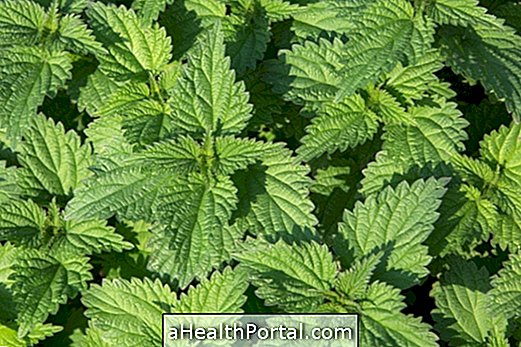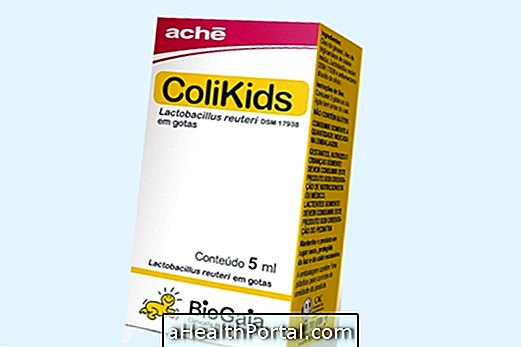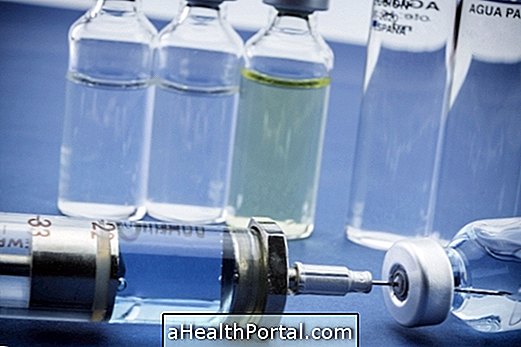To care for the baby with HIV, it is important to be aware that the transmission of the virus does not happen through casual contact, such as sharing cutlery, kissing, hugging, playing or during hygiene care, for example.
The baby with congenital HIV should be treated similarly to uninfected infants and should therefore have the same opportunities for growth and development.
However, it should be noted that the baby with HIV may present a slightly more delayed growth and weakened immune system, with the most specific care being:
- Feeding the baby with breast milk, provided the mother is not HIV positive;
- Use milk powder formulas that help strengthen the immune system, such as fortified with inulin, if the baby can not be breastfed by the mother;
- Go to your pediatrician regularly to prevent the onset of illness or infection;
- Give the HIV medicines, prescribed by the pediatrician, at the correct time and according to the indications;
- Follow the vaccination plan, but avoid the vaccine against tuberculosis if the baby shows symptoms of AIDS;
- Prevent the baby from being close to children infected with chickenpox or pneumonia, for example, in order to avoid worsening of health status.
HIV transmission through an infected baby is very rare, especially when universal hygiene and safety rules are maintained, including:
- Wash your hands several times during the day;
- Keep surfaces, such as tables, chairs or floor, clean;
- Use disposable gloves in situations of risk of contact with blood, which may occur when the child falls, scratches the knee or presents stools with blood, for example.
These rules should always apply, even in the case of non-HIV infected children, as they help prevent the onset of various types of infections, such as pneumonia or measles.
Useful link:
- Symptoms of HIV in the baby
